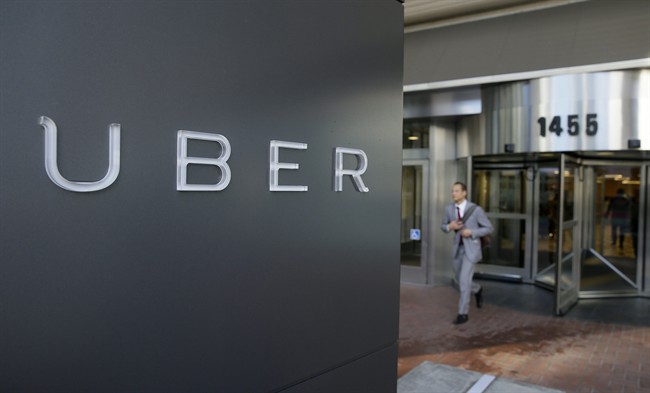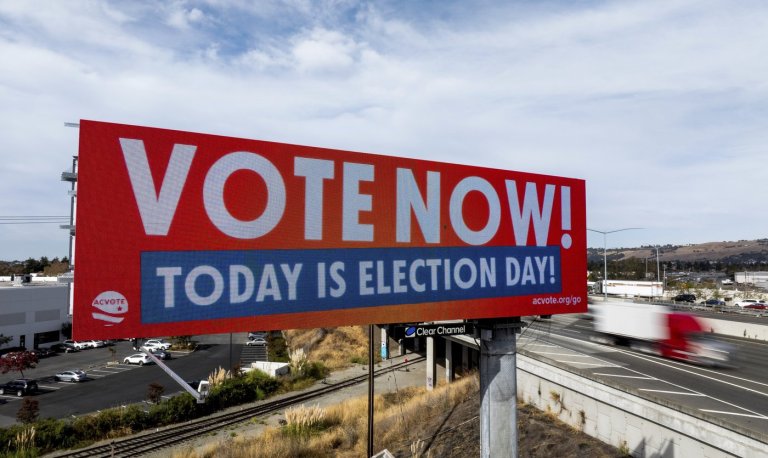
Judge grants class-action status to case in California against Uber over payment of drivers
SAN FRANCISCO – A federal judge granted class-action status Tuesday to a lawsuit in California against Uber over the payment of its drivers, upping the stakes for the ride-hailing company in the case.
The ruling increases the number of potential California plaintiffs in the suit that claims Uber drivers are incorrectly classified as independent contractors when they are actually employees.
“Today’s ruling sets the stage for a trial and a legal battle that will have dramatic implications for Uber’s business model as well as more generally how independent contractors are viewed under California law,” said Lonnie Giamela, a labour lawyer in Los Angeles who has been following the case.
U.S. District Court Judge Edward Chen in San Francisco made his decision in the lawsuit filed by several current or former Uber drivers. The plaintiffs named in the suit say they are Uber employees and have been shortchanged on expenses and tips.
Their lawsuit sought class certification on behalf of 160,000 drivers who have worked for the company in California since 2009. Chen certified the class, though he excluded some drivers and limited it to the drivers’ claims for tips, not expenses.
Chen estimated the number of drivers in the suit could at least be in the hundreds, meaning the company could be on the hook for more in damages if it loses the case.
Uber said in a statement it would likely appeal Chen’s ruling but was pleased that he had certified “only a tiny fraction of the class that the plaintiffs were seeking.” The company said it believes few current drivers would qualify for the class.
“We are pleased the district court rejected the ‘mega-class’ plaintiffs asked it to endorse, but decisions from the Supreme Court, Ninth Circuit and other courts have made it clear that no class whatsoever can be certified here,” said Ted Boutrous, an attorney who represents the company.
Classifying its workers as employees could raise Uber’s operating expenses significantly and would go against its business model and identity. Uber’s selling points for attracting drivers are based on ideas of freedom and autonomy.
In his ruling, Chen rejected Uber’s argument that there is no typical Uber driver so the named plaintiffs in the suit were not typical of their fellow class members. Uber also argued that countless other Uber drivers, unlike the named plaintiffs, preferred being independent contractors instead of employees.
Chen said the company had shown little evidence for that claim.
The drivers, meanwhile, have numerous things in common, including that Uber sets their pay, can fire them, uses rider-feedback to evaluate them and does not control their schedules or where they work, Chen said.
Join the Conversation!
Want to share your thoughts, add context, or connect with others in your community? Create a free account to comment on stories, ask questions, and join meaningful discussions on our new site.













Leave a Reply
You must be logged in to post a comment.